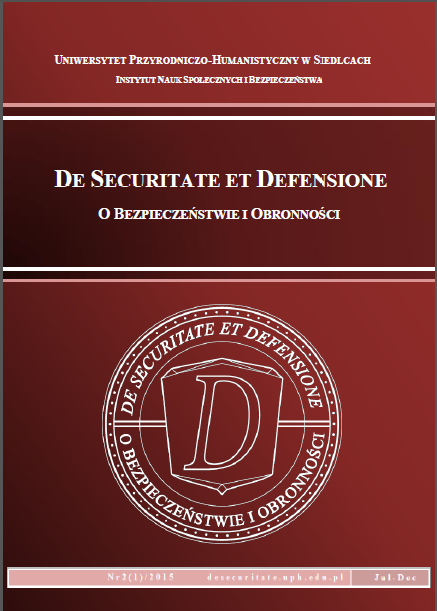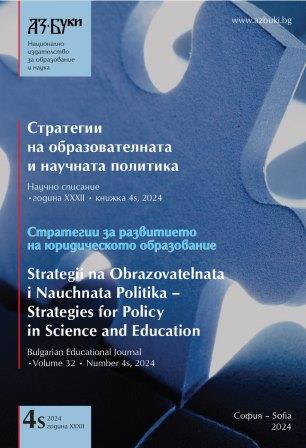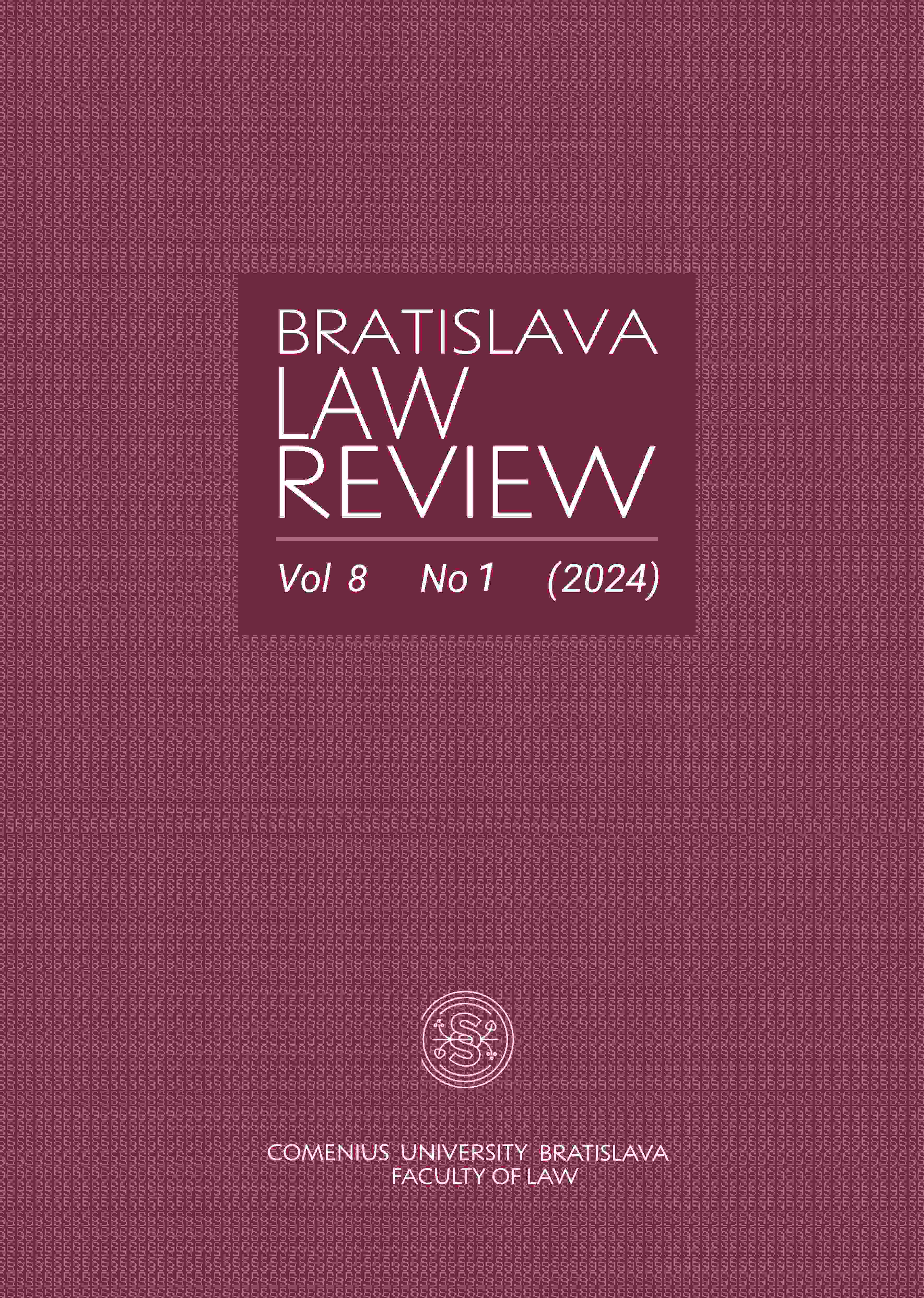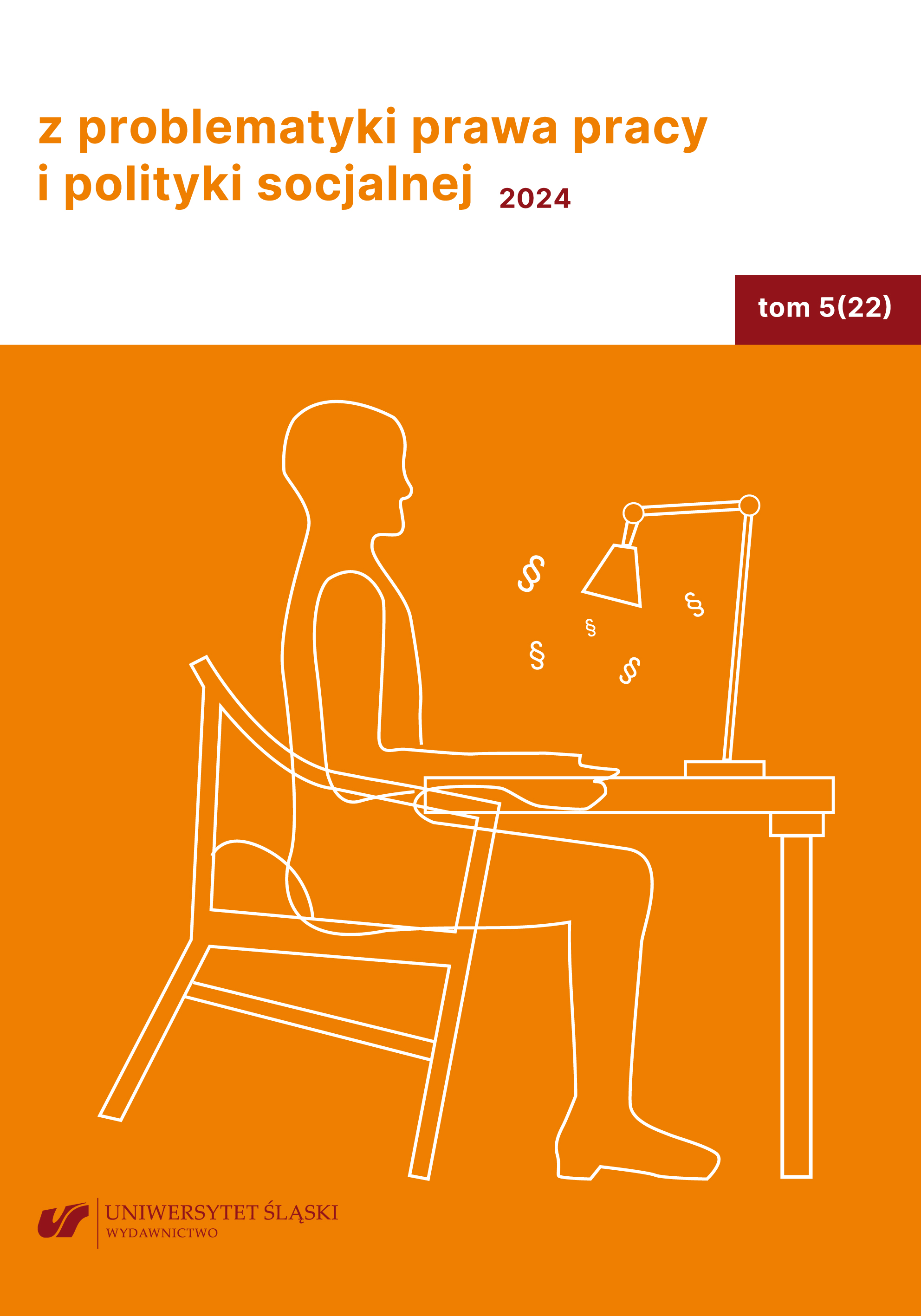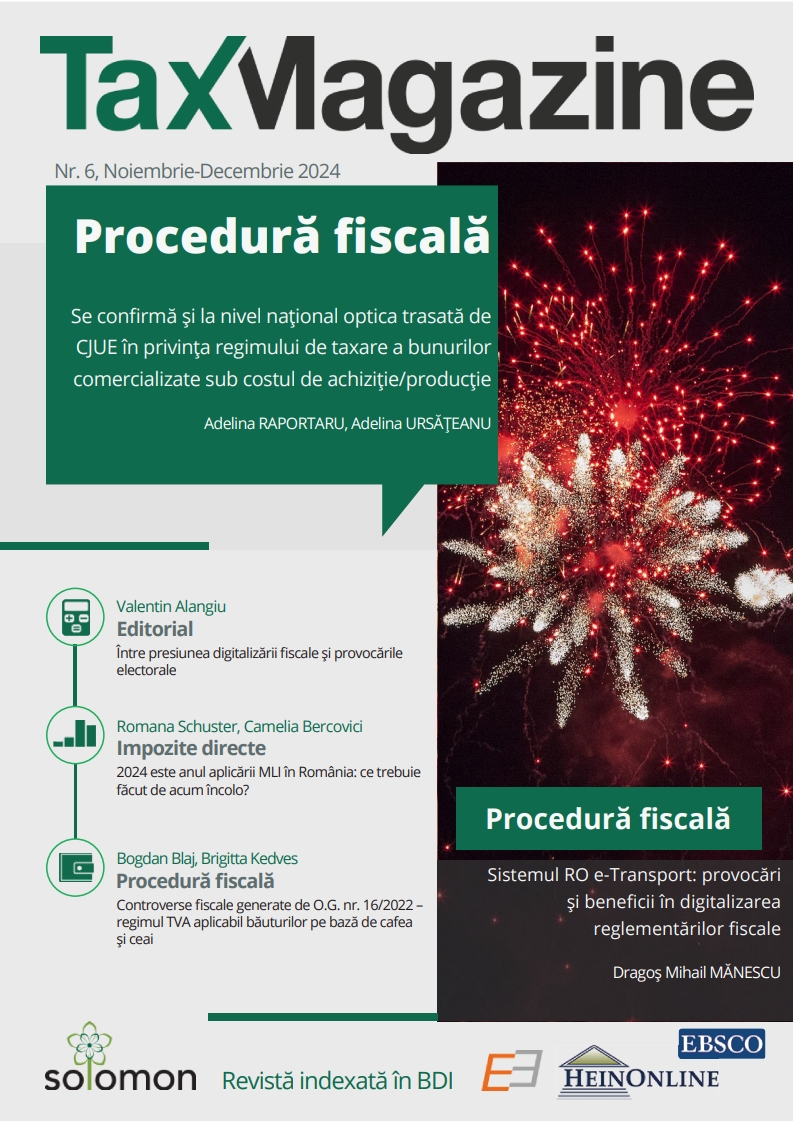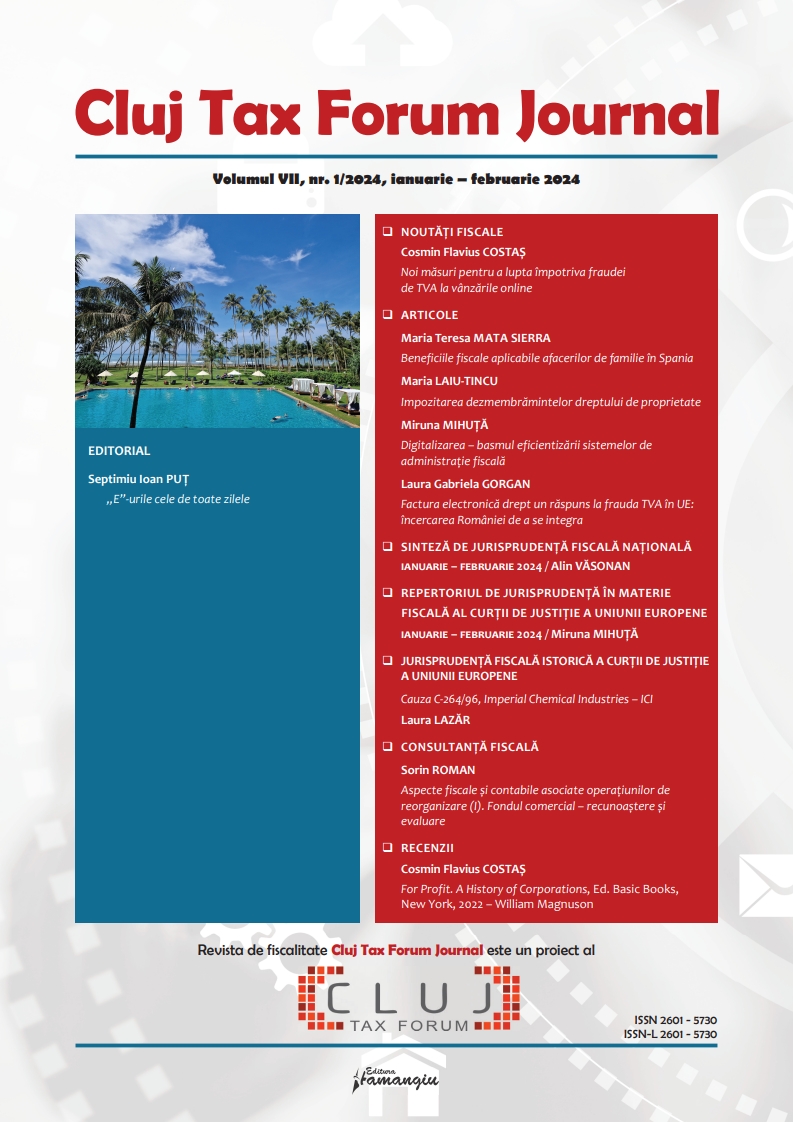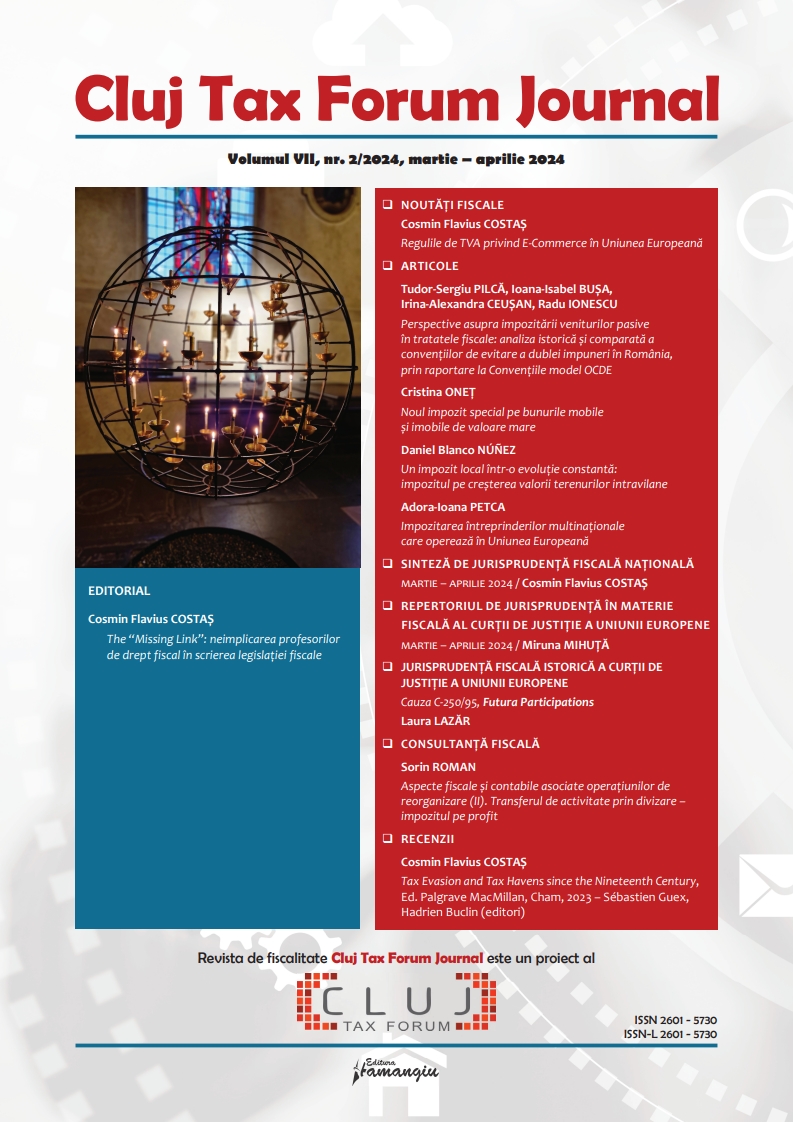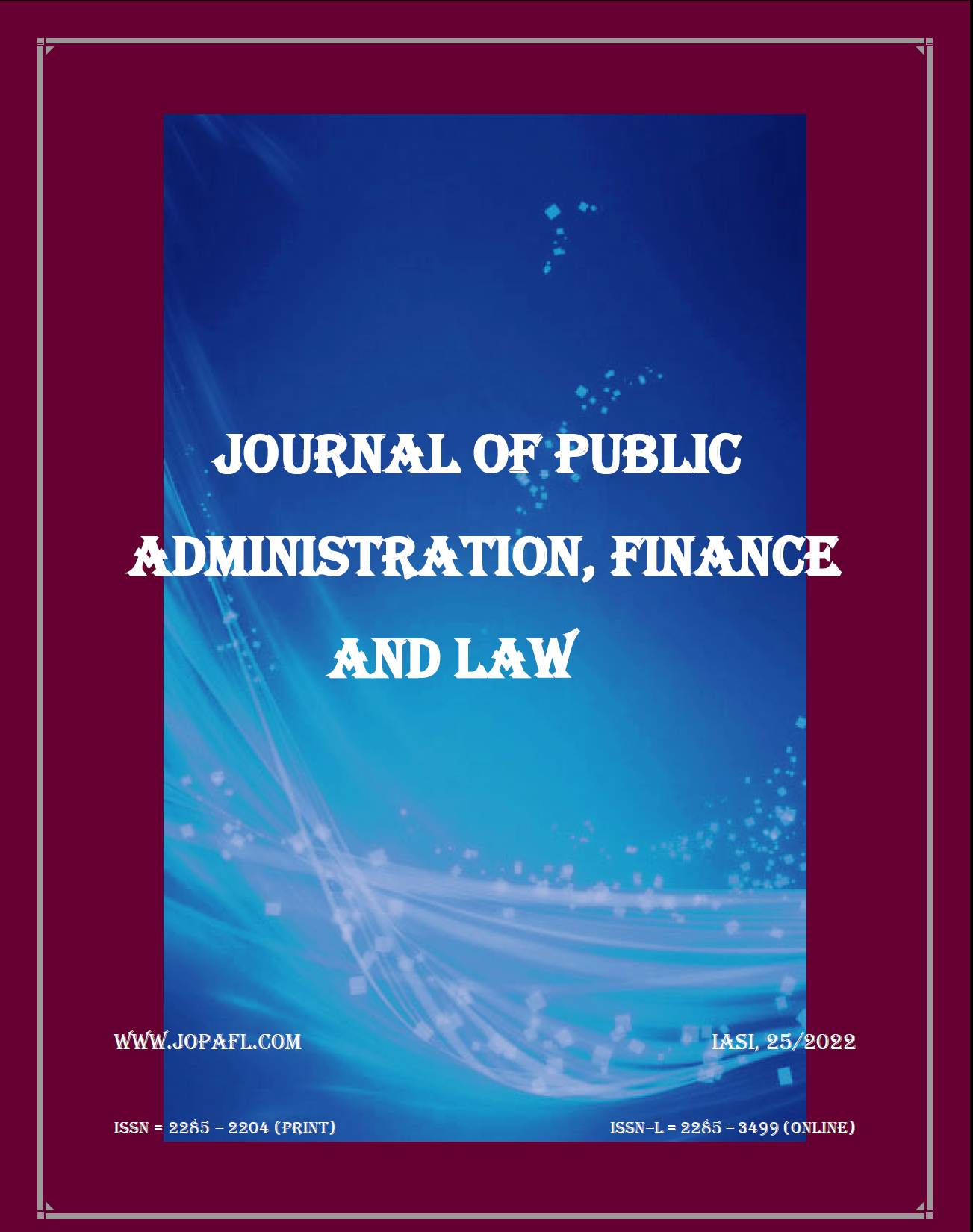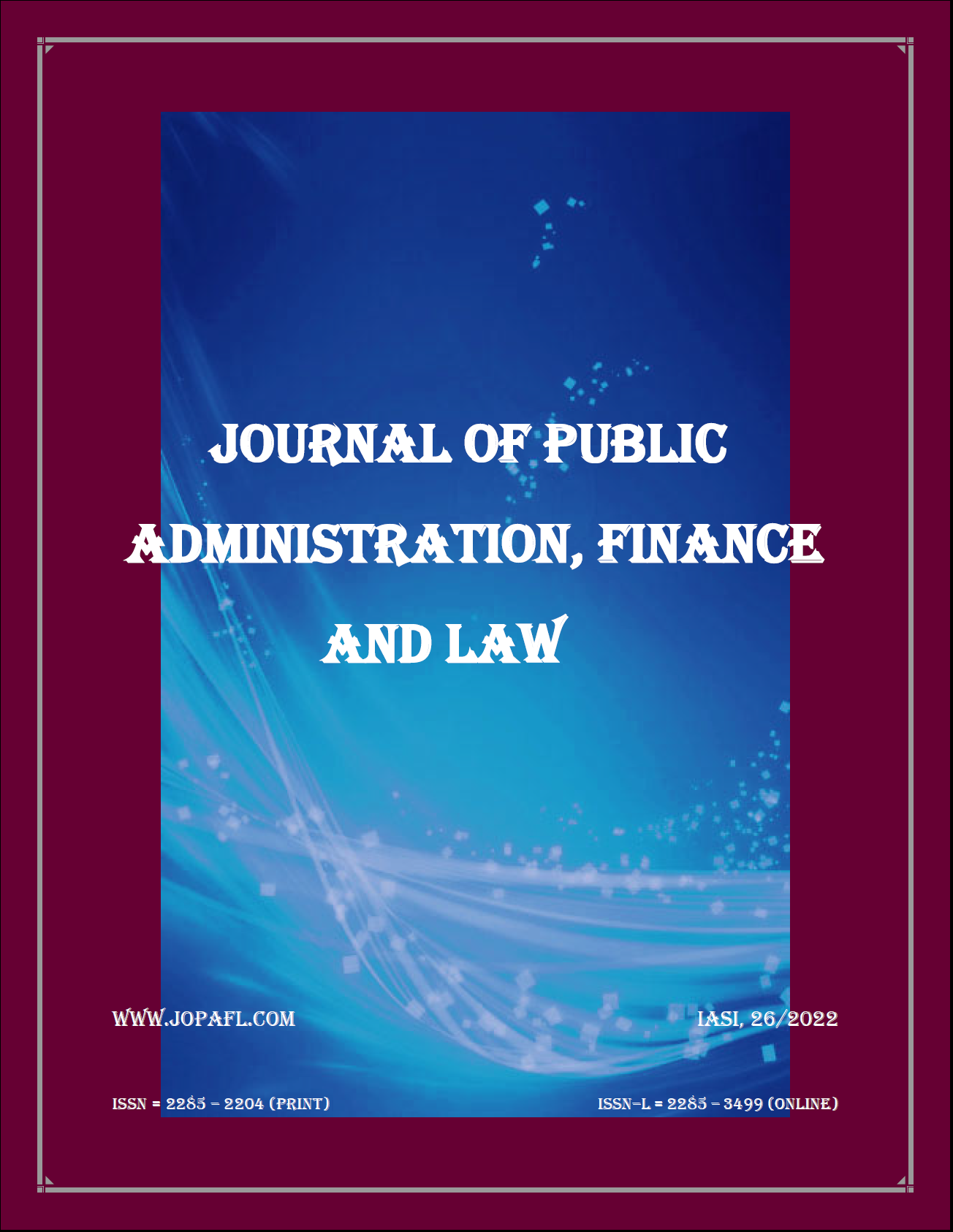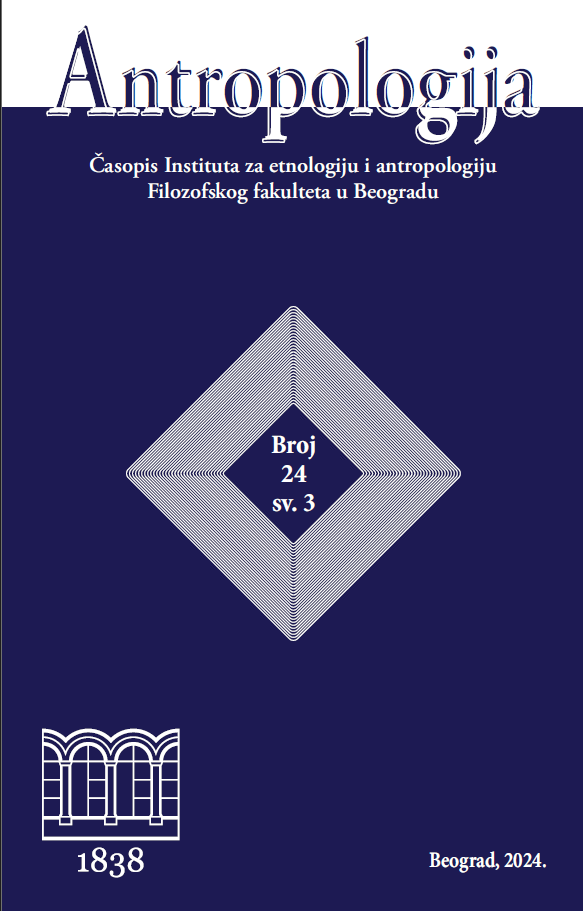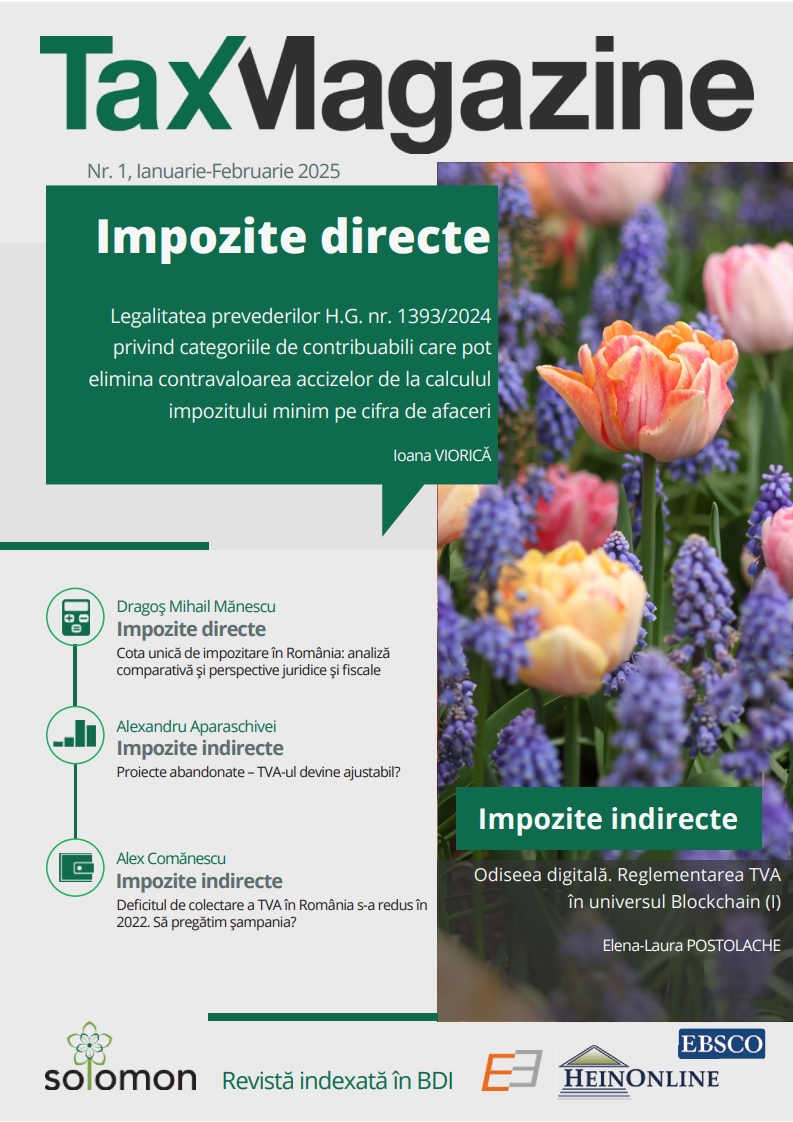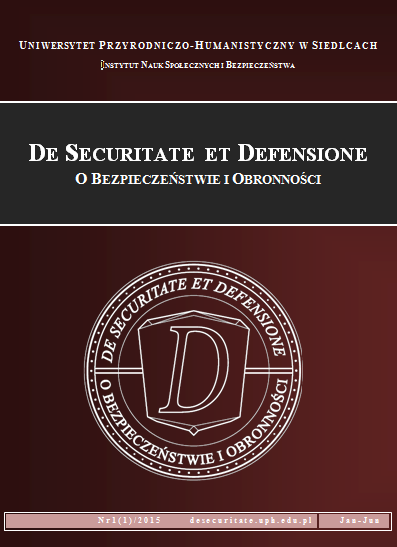
Ewolucja instytucji koncesji w prawie polskim po 1988 roku
The aim of the paper is to present the changes that have taken place in the scope of the freedom of economic activity from the passing of the Freedom of Economic Activity Act of 1988 till today. Economic freedom is the principle of legal order expressed in the Constitution and specified in legislation which determines the economic system of the state based on the principles of market economy. Thereby, the freedom of economic activity has received a formal recognition and constitutional protection. Any derogation from the legal regulation in this scope should be treated as an exception justified by important public interest. The freedom of economic activity should be perceived in relation to processes and categories of economic character. Its ensuring in 1988 in the Freedom of Economic Activity Act was the beginning of the systemic transformation taking place in the political and economic field.
More...
